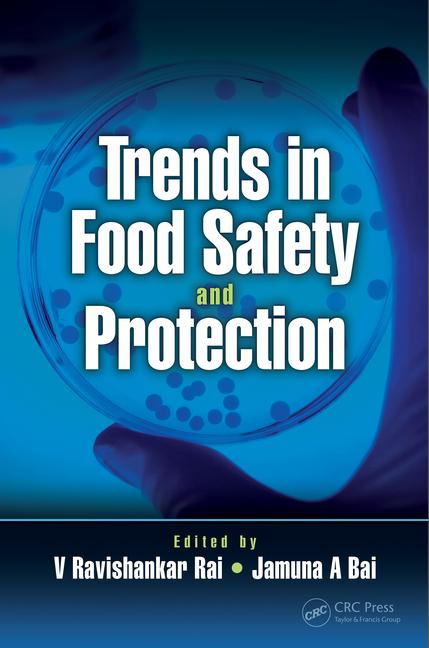FDA’s Reagan-Udall Foundation Lays Groundwork for Public-Private Partnership to Track AMU in Food-Producing Animals

Credit: Reagan-Udall Foundation
The Reagan-Udall Foundation for the U.S. Food and Drug Administration (FDA) has published a new report, titled, Establishing a Draft Framework for a Public-Private Partnership to Support the Tracking of Antimicrobial Use in Food-Producing Animals. The report outlines efforts to explore a public-private partnership to improve the tracking of antimicrobial use (AMU) in food-producing animals.
Antimicrobial resistance (AMR) is recognized as a growing global threat requiring action in new product research and development as well as greater stewardship of AMU in human and animal health. At present, there is no national data repository or infrastructure in place to collect antimicrobial use data in animals, which makes it difficult to characterize the relationship between AMU and AMR in food-producing animals.
To better understand the relationship between AMU and AMR, FDA’s Center for Veterinary Medicine (CVM) requested that the Reagan-Udall Foundation begin a discussion with representatives of industry groups and veterinary professional associations about the feasibility of creating a public-private partnership to develop an AMU data repository.
The report is the result of discussions on the potential framework for a public-private partnership developed in coordination with FDA. The report also details discussions with stakeholders about organizational structure, data standardization, public reporting, and data analysis.
Several key themes emerged from the discussions:
- Antimicrobial sales and distribution data and AMU data are not the same
- Factors such as the number, size, species of animals, and indication are essential to understand AMU in food-producing animals
- Collecting standardized data across species and routes of administration is challenging
- Each food-producing species or food commodity requires unique considerations and species data should not be directly compared to other species
- Clear data access and privacy protection are essential to build and maintain mutual trust among public and private partners.
The Reagan-Udall Foundation will use the themes presented to inform the principles for a potential public-private partnership.
Looking for a reprint of this article?
From high-res PDFs to custom plaques, order your copy today!








